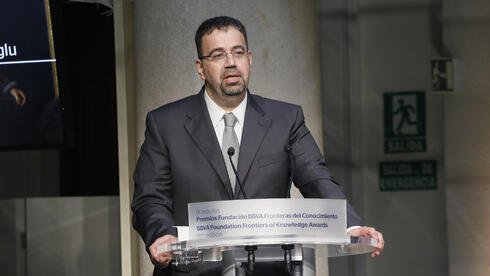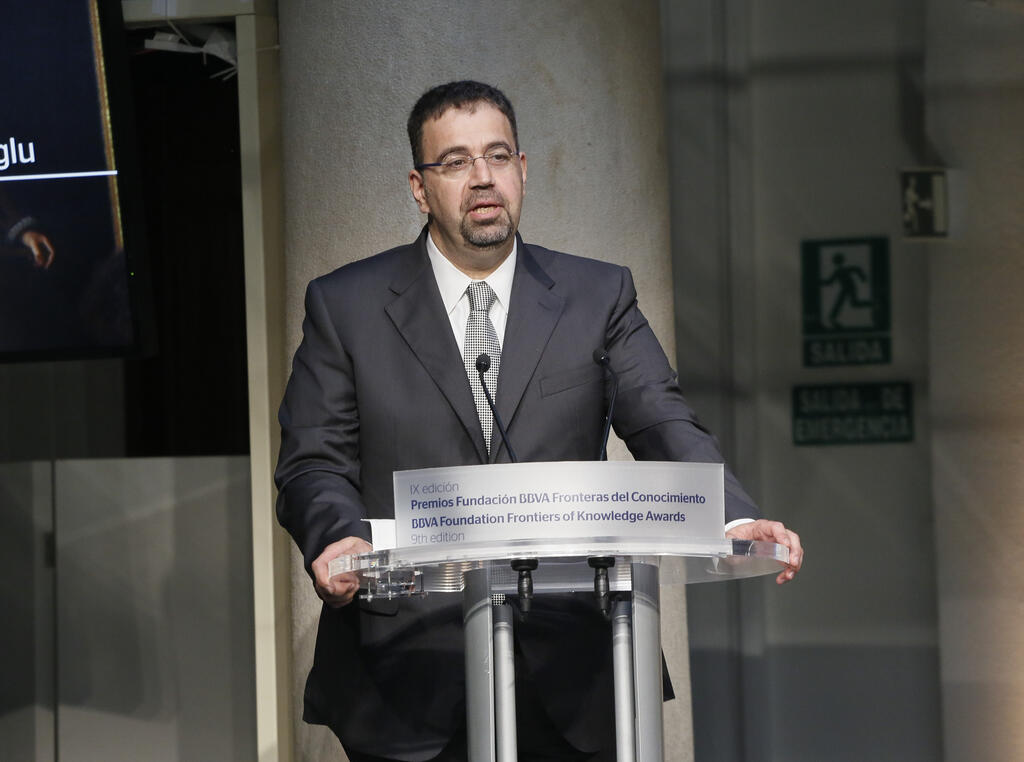Prof. Daron Acemoglu of MIT is considered one of the three most important, prominent and quoted economists today – and there is no prize, title or summit that he has not conquered, with the exception of one, the Nobel Prize for Economics, which is likely to be awarded to him in the coming weeks, according to estimates.
It is worth listening to what he has to say because today there is no academic or researcher with a reputation like that of Acemoglu – a Turkish-American of Armenian origin – who is an expert in the main issues of international political economy, including the influence of political and economic institutions on the main macroeconomic variables: growth, economic development and inequality.
Since bursting onto the scene in his early 30s with his book “The Colonial Origins of Comparative Development”, Acemoglu has tried and quite succeeded to answer a question that has occupied economists from the beginning of time: What are the factors that explain the existing differences in the wealth of countries.
In 2012 he published another book, “Why Nations Fail?”, in which he reached a similar conclusion: political institutions – not culture, natural resources or geography – explain why some countries have become rich while others have remained poor. This is the reason why Acemoglu is considered one of the prominent representatives of institutional economics – a segment in the science of economics that…




























































